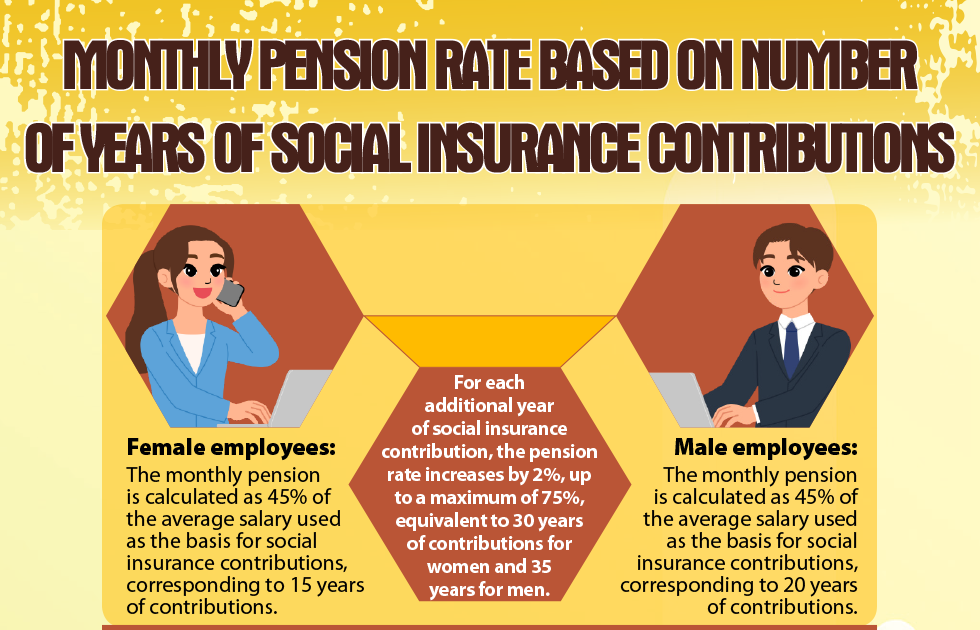Strengthen publicity of RCEP agreement to business community
Many representatives from business associations and enterprises in the fields of export, e-commerce, logistics, tertiary institutions specialising in economics - commerce on Wednesday attended “Introducing the commitments of the Regional Comprehensive Economic Partnership (RCEP) and opportunities brought about by the agreement”.
The event was jointly organised by the Da Nang Department of Industry and Trade and the Multilateral Trade Policy Department under the Vietnamese Ministry of Industry and Trade.
At the event, State management agencies and businesses were updated with information about the RCEP agreement, mastering the main commitments of the agreement on tariffs, rules of origin, services, investment, and e-commerce. The speakers also briefed the participants on the main commitments stipulated in RCEP.
The publicity of RCEP helps State management agencies to effectively implement agreements in the field of management, at the same time, helping businesses have appropriate business plans in the context of in-depth international economic integration.
RCEP is a free trade agreement (FTA) between the ten member states of ASEAN, including Viet Nam, and its five FTA partners outside ASEAN, namely Australia, China, Japan, New Zealand and Republic of Korea.
RCEP, which took effect from January 1, is expected to become a new momentum accelerating trade and subsequently post-pandemic economic recovery by forming a stable and long-term export market for Viet Nam and other ASEAN countries and creating a legally binding foundation for an equal trade environment in the region.
The outstanding agreement, an integration priority of the ASEAN, forms a market with 2.2 billion consumers and a total GDP of about 26.2 trillion USD, accounting for about 30 percent of the global GDP, and becomes the largest free trade area in the world. It will eliminate tariffs on as much as 92 percent of goods traded among its signatories eventually, expand market access for investment, harmonise rules and regulations, and strengthen the supply chains within itself.
According to experts, the implementation of the RCEP will not bring about a shock in tariff cut for Viet Nam as the country has long experience in processing tariff liberalisation with ASEAN countries in 20 years and with the five partners in 15 years.
Furthermore, the deal is hoped to bring about opportunities for Vietnamese firms, especially small- and medium-sized enterprises to take part in new supply chains possibly created by the RCEP.
Reporting by QUYNH TRANG - Translating by A.THU








